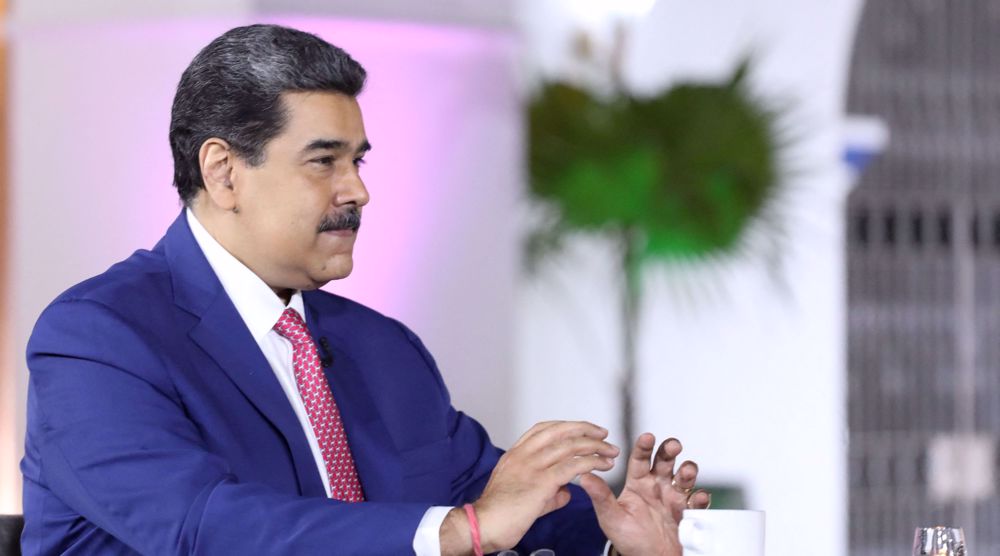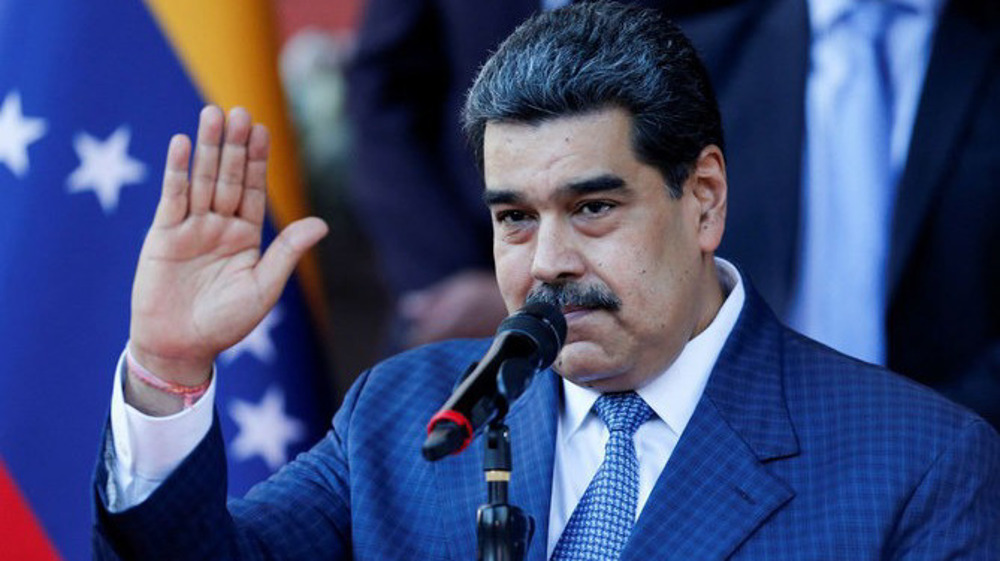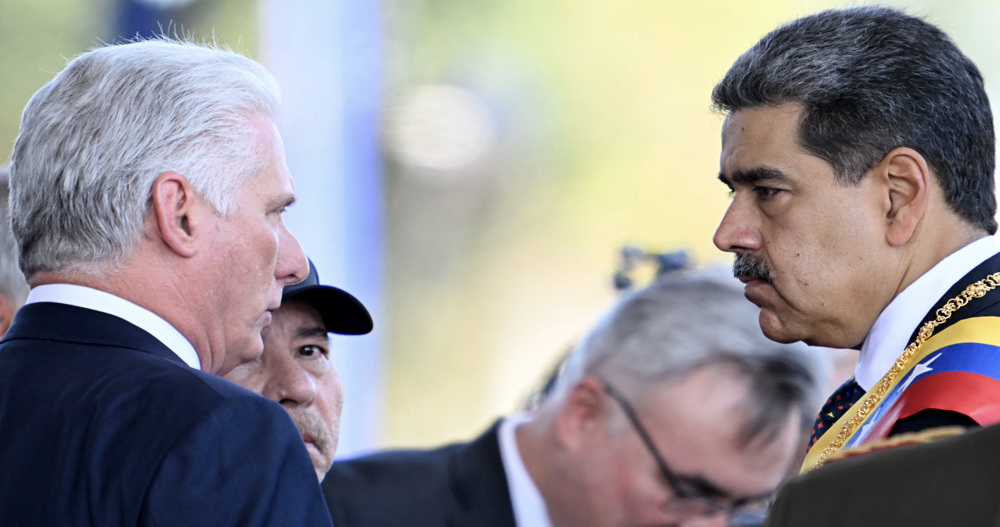Maduro blasts opposition attempt at recall referendum as 'childish' and 'major fail'
Venezuelan President Nicolas Maduro has lashed out at the opposition for its attempt to push for a recall referendum against him, denouncing the move as "childish" and a "major fail" after the country's National Electoral Council declared his opponents had not collected enough signatures for the vote.
"The attempt to re-activate the revocation referendum was a major fail, it's stupid, it's childish and it's part of the attacks the opposition has carried out in Venezuela over the last few years," Maduro said in a televised address in the capital, Caracas, on Thursday.
Maduro blamed the Venezuelan opposition figure Juan Guaido and said, "It's their own fault, it's Guaido's fault. The fault lies with all these groups who thought it was easy."
The bid needed 4.2 million signatures of support to go ahead up until Wednesday as a deadline, but as Venezuela's National Electoral Council announced, only 42,421 had been received.
Tania D'Amelio, the council’s rector, said in a statement that the request for the recall vote could not proceed, declaring "inadmissible the request for a revocation referendum against the president."
Venezuela's constitution allows officials who have completed at least half of their term to be removed from office by means of a plebiscite.
Maduro completed the first three years of his second term earlier this month. The country's next presidential election is due in 2024.
Venezuela plunged into political turmoil after Guaidó, the United States-sponsored opposition figure and former president of the country's National Assembly, unilaterally declared himself "interim president" in January 2019. He later launched a botched coup to oust Maduro with Washington's greenlight and help from a group of rogue soldiers.
The current head of the National Assembly, Jorge Rodriguez, has rejected calls for dialog with the US-aligned opposition as hypocritical as long as Washington maintains pressure on Caracas.
The US has imposed several rounds of tough sanctions against Venezuela aimed at ousting Maduro and replacing him with Guaidó. The sanctions, which include the illegal confiscation of Venezuelan assets abroad and an economic blockade, have caused poverty, a lack of access to basic goods, gasoline shortages, and power cuts.
Some Venezuelans have even moved to other countries to avoid the dire economic situation, including some two million people who now reside in Colombia.
Hamas: Israel can’t blackmail, terrify Palestinians through starvation, siege
Western media ‘manufacturing consent’ for genocide by pinning truce breach on Hamas
VIDEO | Netanyahu's objectives in ceasefire
Lapid to Netanyahu: ‘Jews' greatest disaster since Holocaust will always belong to you'
‘Day Without Immigrants’, response to US immigration crackdown
Israeli strikes hit Syria’s air defense battalion near Tartus port city
Iran deputy FM meets with Qatari officials in Doha to discuss cooperation
VIDEO | Israeli forces kill Palestinian during Jenin raid as UN ‘alarmed’ by West Bank onslaught











 This makes it easy to access the Press TV website
This makes it easy to access the Press TV website